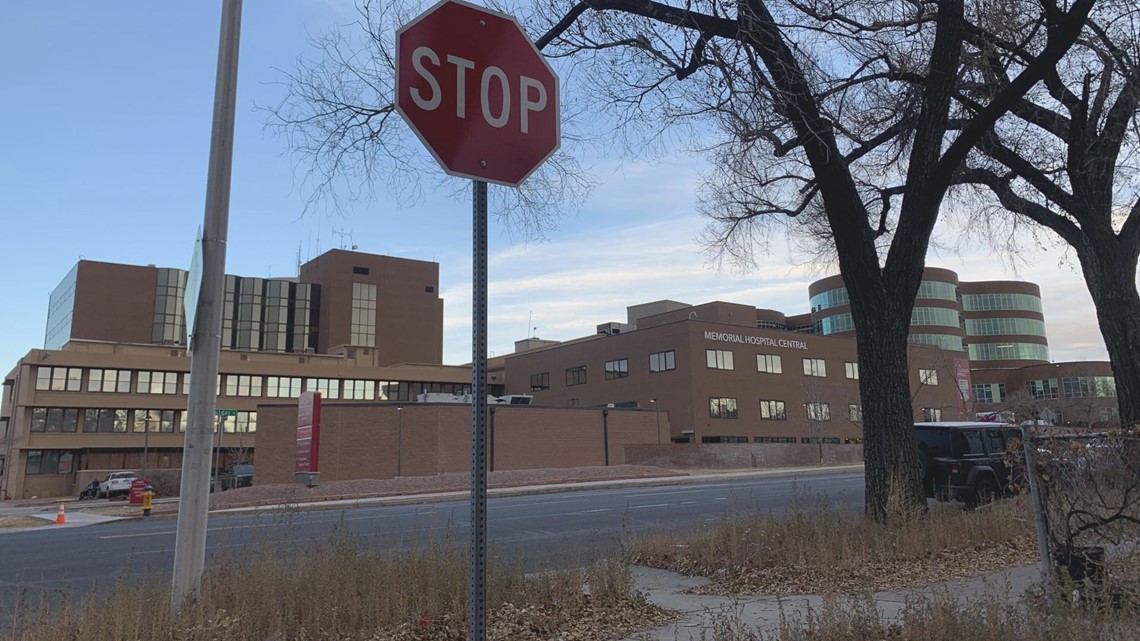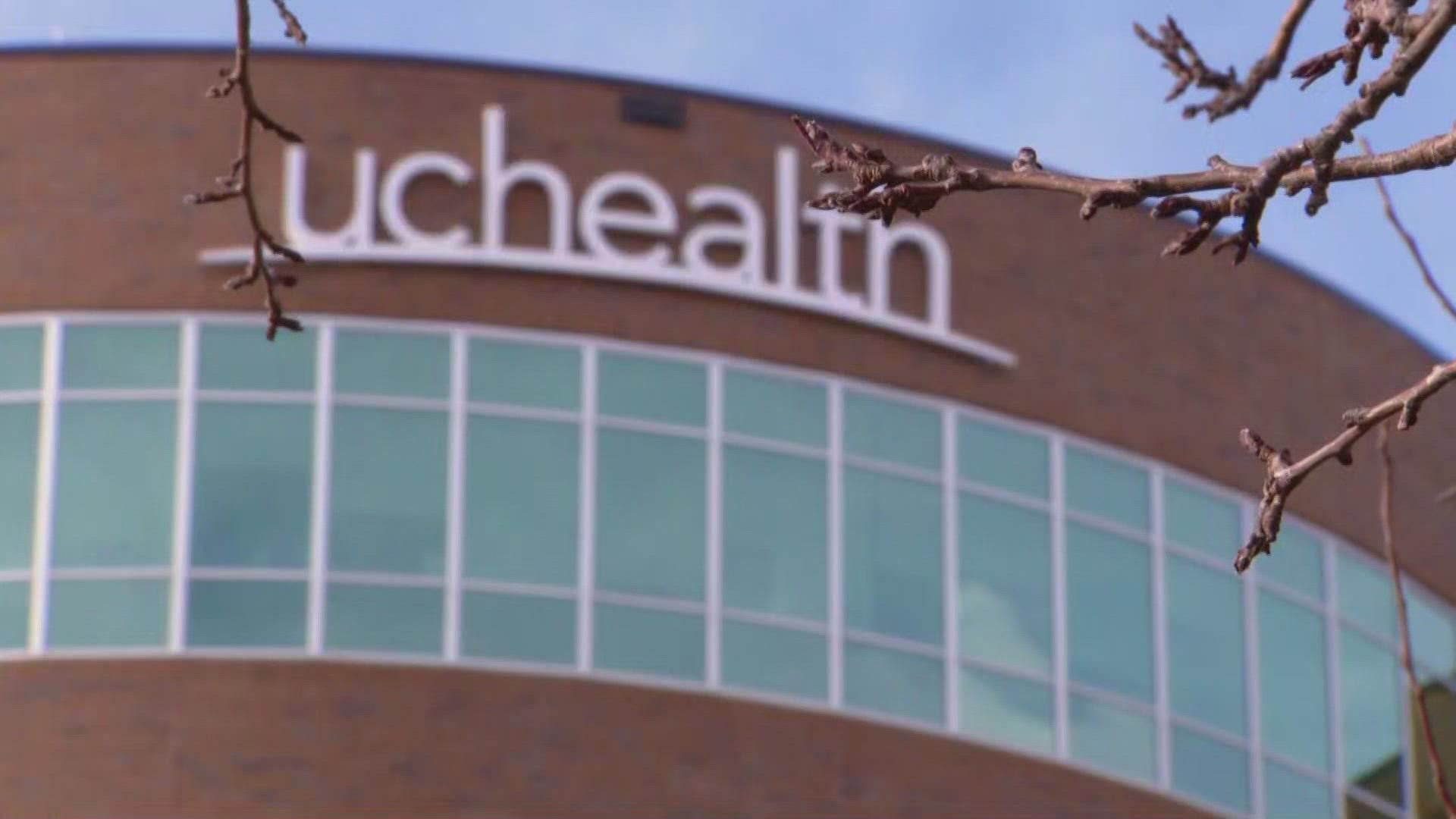COLORADO SPRINGS, Colo. — Dr. Leslie Moats remembers when he first learned of the patient intake his team was about to encounter.
A police officer had let Dr. Moats' team at UCHealth know that there had been a shooting.
“Within just a few moments, the first patient came in. and we had seven or eight victims initially probably within a span of about 10 minutes," he said.
Moats was working at UCHealth Memorial Hospital Central on the night of the shooting that took the lives of five people, and injured dozens more.
Moats' team moved fast; making sure at least two ER physicians and three trauma surgeons were immediately meeting patients at their bedside, among other resources.
“I think our team has a realization of this kind of process already because we’ve been through COVID, we’ve been overwhelmed with really sick patients, and unfortunately we see shootings with multiple victims all too frequently," he said.
As patients from Club Q were treated, Dr. Moats couldn't help but be impressed by their composure.
"The patients showed an amazing spirit. Some of some of those patients were critically injured or awake and alert, but severely injured with injuries that are going to take them months, perhaps years to overcome. And they were all calm. No one was demanding. 'Get me back. I need something for pain.' or 'Get me in a room' or emotionally distraught...they were asking about their friends and family when they were severely injured...and the spirit that they showed was unusual," he recalled.


In all, Moats believes the trauma center that he worked in the night of the shooting treated either 10 or 11 patients.
"In the worst, sometimes our emotions come out and so we see that a lot in the ER in the hospital - especially seriously injured patients. These patients were just spiritually strong, they showed amazing composure despite their own injuries, asking about their own friends and family," Moats said.
His team practices through a scenario of a large patient intake at once, and adds that peer support staff respond to help the team after handling heavy cases.
"We talk about what went right and what went wrong. For little nuances to make a difference," he said.
While Dr. Moats credits how his team worked together well to treat patients, he admits that it comes with a sense of irony.
"Granted, in the chaos of getting a lot of patients at once, there's always something that you feel like you could have done better. But unfortunately, we just do keep getting better at it," he said, adding that he's seen around 200 shootings over the course of his career in health care.
Overall, he hopes a message is sent.
"Not to hate each other for no reason," he said. "Hope and pray that some of the violence stops, some of the hate stops."
SUGGESTED VIDEOS: Colorado Springs Club Q shooting

